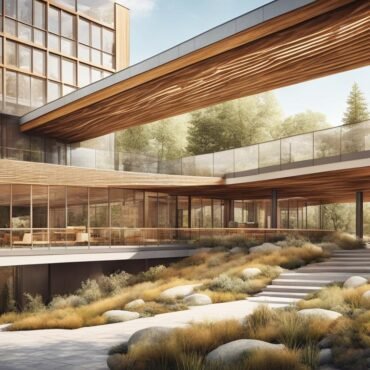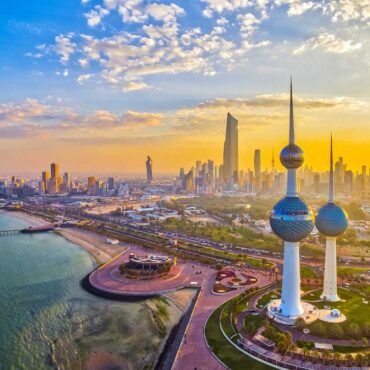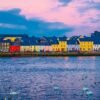Podcast episodes

S3, E8: A Visual Biodiversity Net Gain Tool With Panu Pasanen of One Click LCA
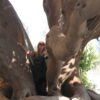
S3, E7: Portrait To Landscape-A Landscape Strategy To Reframe Our Future, Alexandra Steed on Her Ground-Breaking Book, Part 2
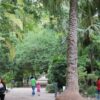
S3, E6: Portrait To Landscape-A Landscape Strategy To Reframe Our Future, Alexandra Steed on Her Ground-Breaking Book, Part 1
Connect

- jackie@constructive-voices.com
- Linkedin Constructive Voices Radio Page
- Twitter Constructive Voices Radio


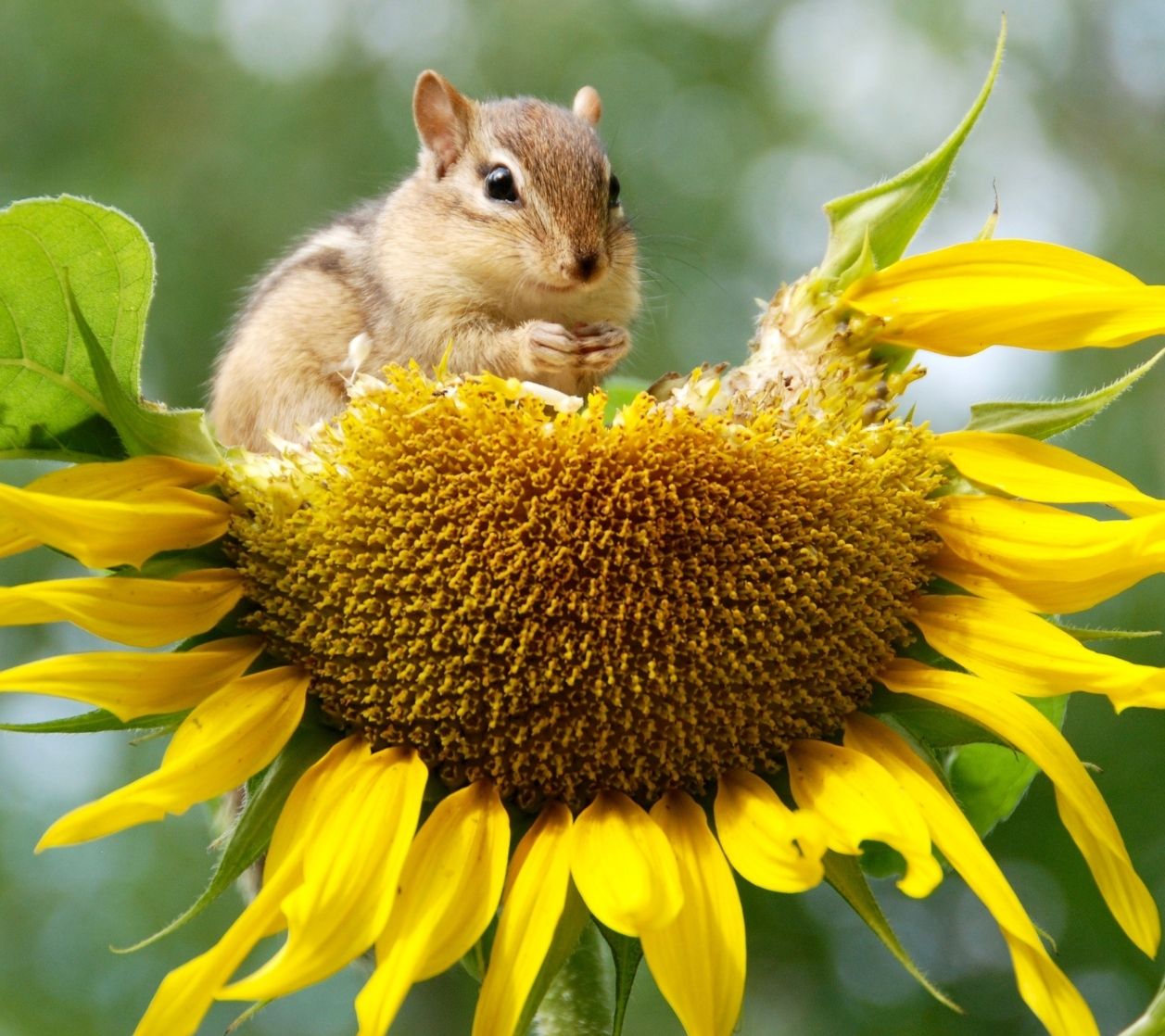



 Dr Jayne Manley believes that future life on Earth requires people thriving and being intimately connected with the ecosystems that support us.
Dr Jayne Manley believes that future life on Earth requires people thriving and being intimately connected with the ecosystems that support us. Chris is the Catchment and Biodiversity Manager at Anglian Water Services Vice-President for
Chris is the Catchment and Biodiversity Manager at Anglian Water Services Vice-President for  John is the Health and Care Sector Lead at West Midlands 5G.
John is the Health and Care Sector Lead at West Midlands 5G.
